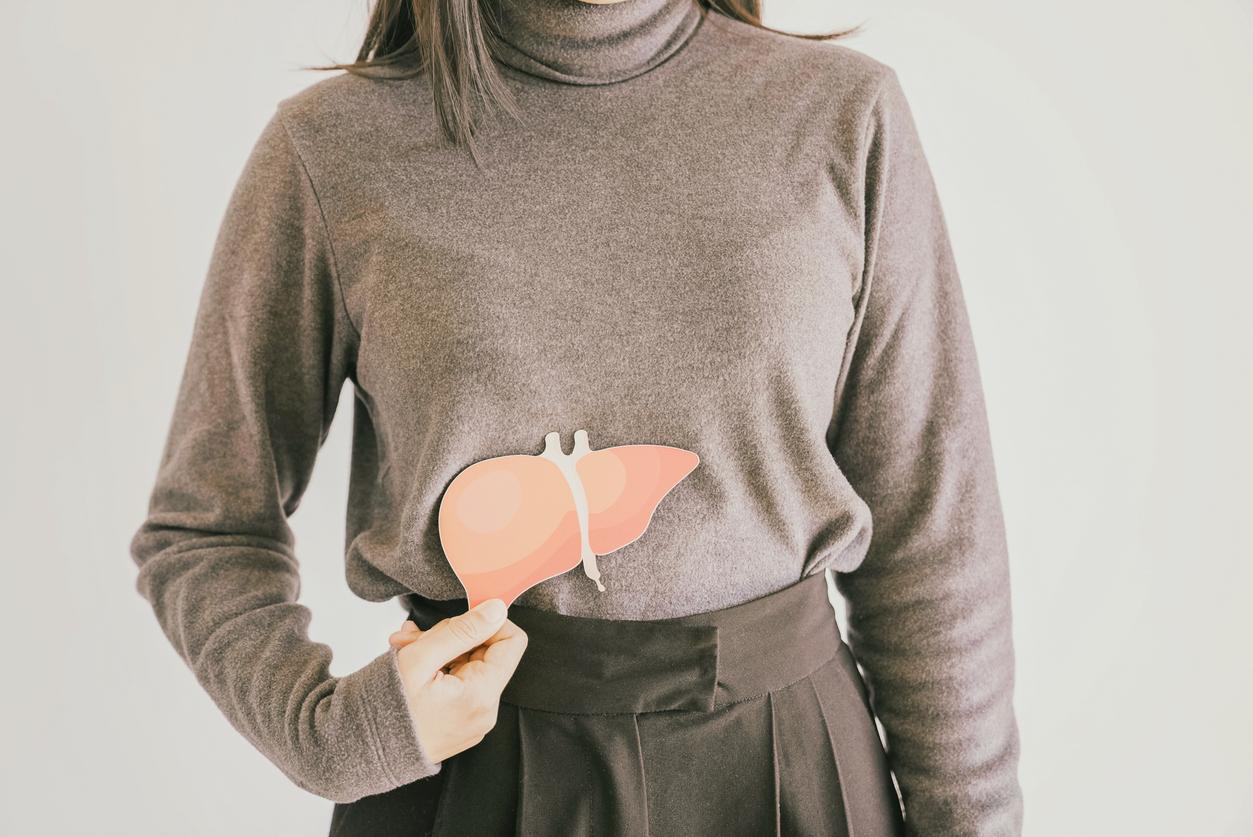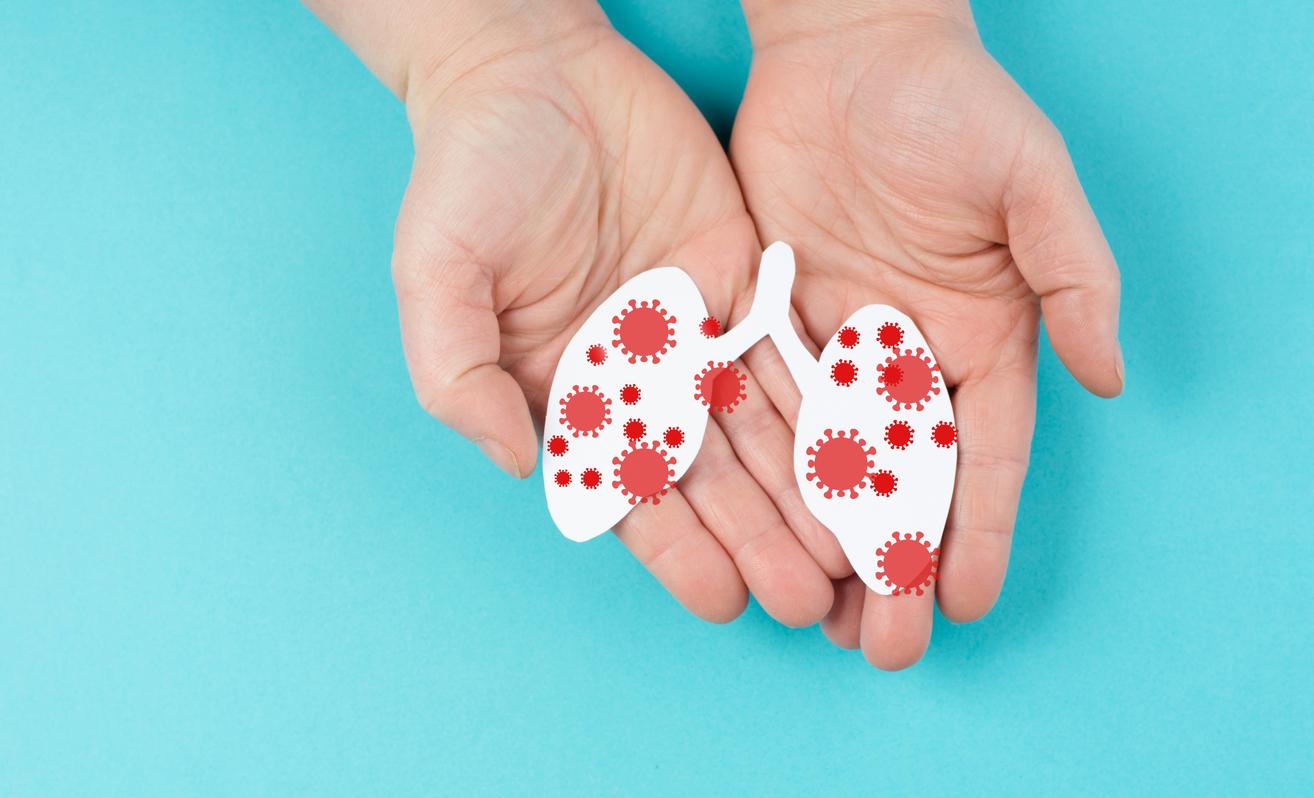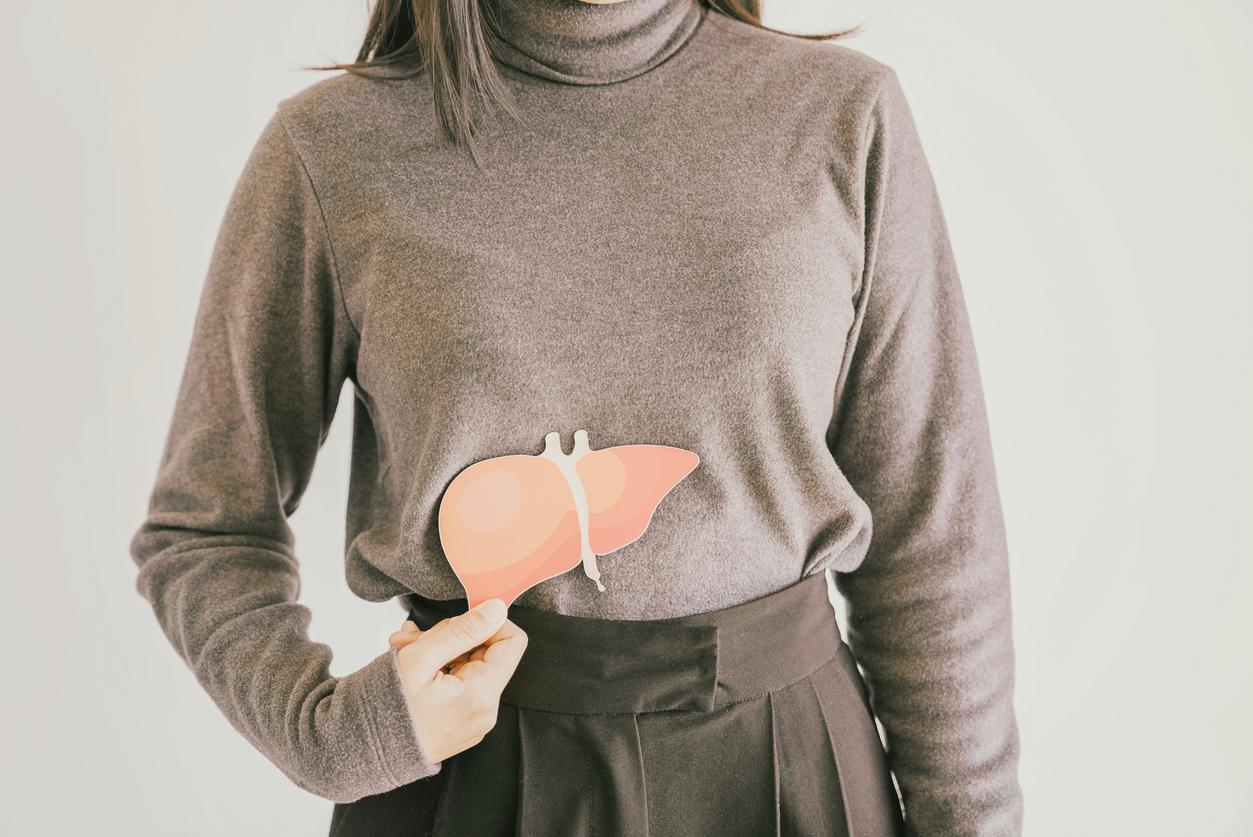We eat more and more badly, and our liver becomes more and more fatty. Hence the increasingly frequent appearance of cases of non-alcoholic steatohepatitis (NASH), better known as “fatty liver disease”.
This disease appears when fat accumulates in the liver, causing inflammation and scarring. Without treatment, NASH can lead to liver cirrhosis and even cancer. But the problem is that there is, for the moment, no treatment for this disease, with the exception of weight loss.
Weight loss must be fast to work well
A new study conducted by researchers at the University of Oxford (Great Britain) on 16 patients suffering from fatty liver disease with moderate to advanced liver scarring, shows that it is possible to regenerate the liver, provided of embark on a low calorie diet such as those offered to people suffering from obesity.
“All participants took part in a weight loss program called ‘soups and shakes’, replacing their regular meals with specially formulated soups, shakes and bars for 12 weeks. They consumed four products of their choice daily, which provided them with around 880 calories and all the essential vitamins and minerals,” explains Dimitrios Koutoukidis, dietitian and lead author of the study.
“After the initial 12-week period, they gradually began to reintroduce regular foods into their diet over the next 12 weeks. They also received regular support from a dietician to keep them on track and motivated throughout. throughout the 24-week study”.
Weight loss that should last over time
Analyzes before, during and after the low-calorie diet made it possible to estimate the progress of liver inflammation and scarring as well as the amount of fat in the liver. “They showed significant improvements in liver fat and markers of liver inflammation and scarring,” says the researcher.
“If participants are able to maintain at least most of their weight loss after the study ends, this could potentially reverse the course of their liver disease,” he adds.
The study should now be continued with a larger group of patients as well as a control group. “It will also be interesting to see if this program could be useful for patients with more advanced forms of liver disease – such as cirrhosis.”
Source : AT low-energy total diet replacement program demonstrates a favorable safety profile and improves liver disease severity in nonalcoholic steatohepatitisObesity, June 2023
















